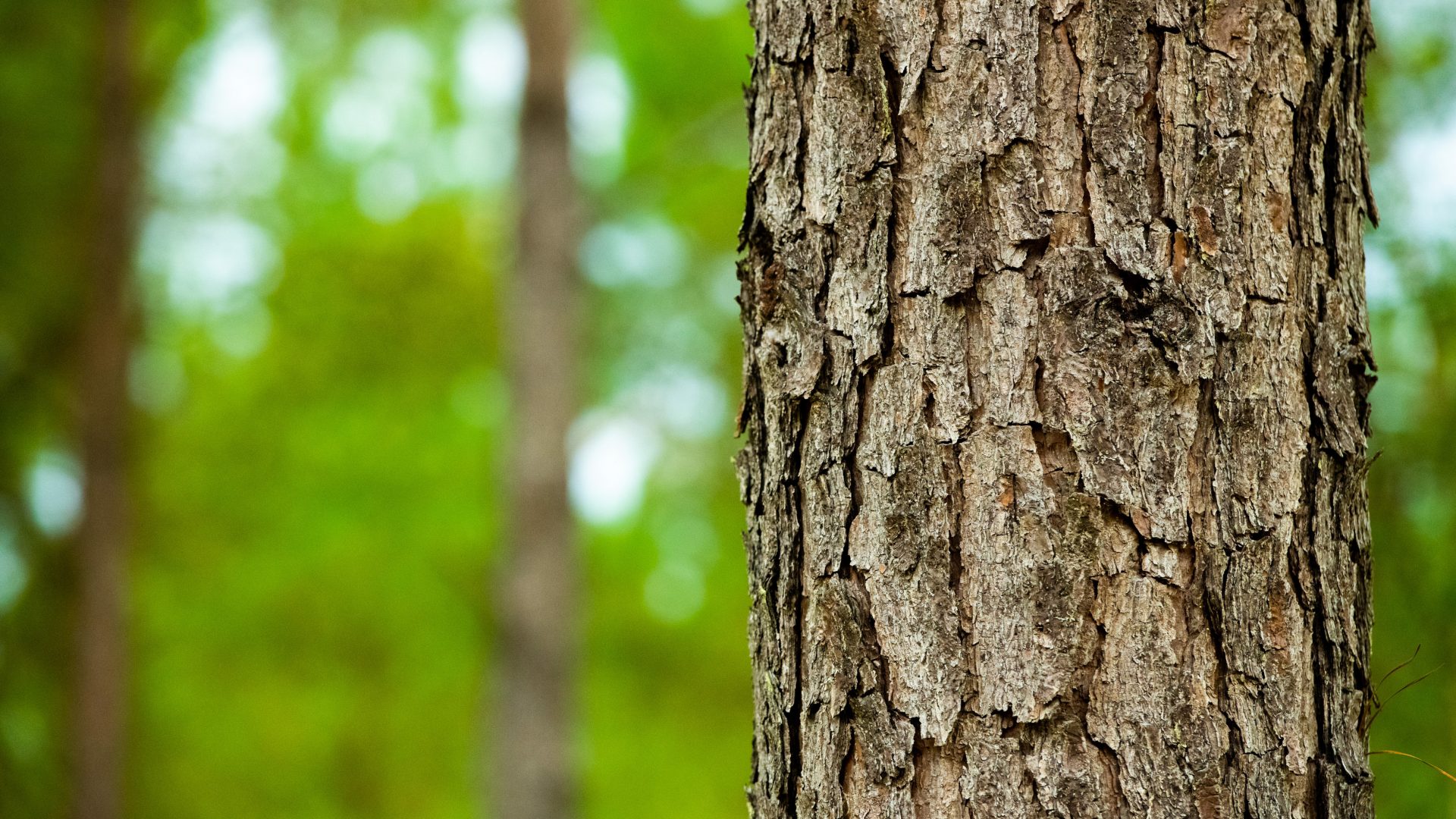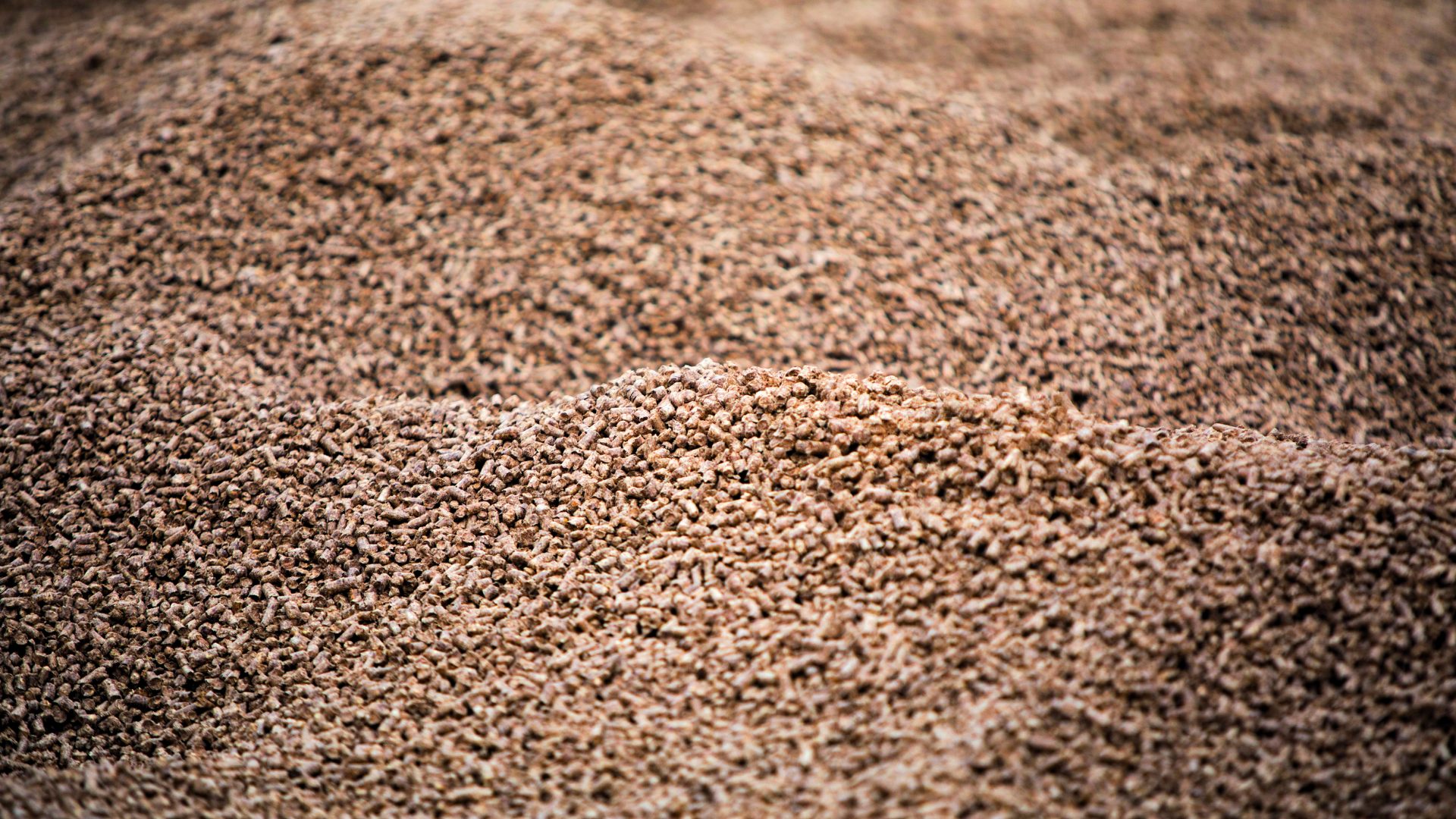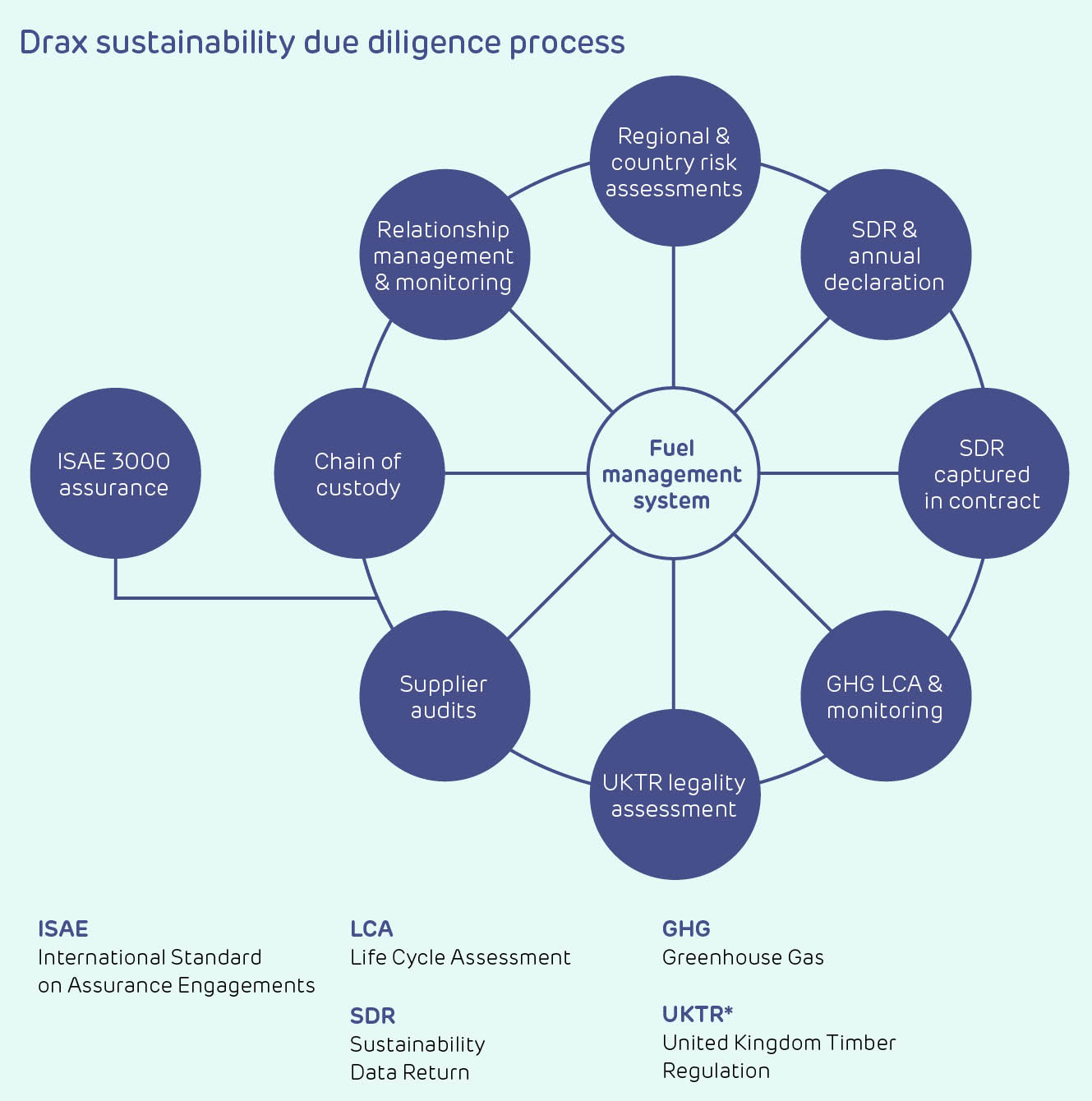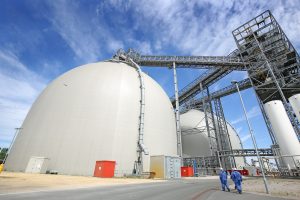Our climate positive, nature positive, and people positive sustainability outcomes will only be delivered by sourcing, producing and using responsibly sourced biomass.

Biomass sourcing
Drax has been working with biomass for over 20 years. We began co-firing biomass with coal in 2002 and completed our first full conversion of a coal unit to biomass in 2013.
Our sustainability due diligence process is designed to ensure the biomass we use for generation at Drax Power Station is sustainable and compliant with relevant legislation. Woody biomass supplier compliance is evidenced by external certification schemes, alongside our internal assurance system and third-party audits commissioned by Drax.
Our Biomass Sourcing Policy and Supplier Code of Conduct outline our requirements for how Drax sources biomass.
Our Biomass Sustainability Requirements
For Biomass used at Drax Power Station, we adhere to the UK Government criteria for sustainable biomass, the Forest Europe Sustainable Forest Management criteria and we comply with the UK Timber Regulation (UKTR).
- Sustainability framework
- Biomass Sourcing Policy – updated in 2025, our policy covers our core principles and commitments to source biomass responsibly and delivers positive outcomes for climate, nature and people.
- UK Government criteria for sustainable biomass – we report monthly on compliance with the UK sustainability criteria, including life cycle emissions limits and the land criteria. This covers the requirements of the Forest Europe Sustainable Forest Management criteria, including: maintaining forest area and carbon stocks; encouraging the production of forest products; maintaining the health and vitality of the forest ecosystem; conserving and enhancing biological diversity; contributing socio-economic benefits; and ensuring that soil and water protection is maintained.
- UK Timber Regulation – The UKTR applies from 01 January 2021 and the requirements remain the same as under the European Union Timber Regulation (EUTR).

Responsible Sourcing Policy for Biomass
Our Biomass Sourcing Policy outlines our biomass sustainability commitments. The policy strengthens our approach in line key independent third-party standards such as SBP v2.0 and reflects evolutions in biomass sourcing best practices, regulations and the science. This is to provide further assurance that the sustainable biomass we source makes a net positive contribution to climate change, protects and enhances biodiversity and has a positive social impact on local communities.
Due Diligence
Our sustainability due diligence process is designed to ensure the biomass we use for generation at Drax Power Station is sustainable and compliant with relevant legislation. Woody biomass supplier compliance is evidenced by external certification schemes, alongside our internal assurance system and third-party audits commissioned by Drax.

Drax has developed a rigorous process to ensure that new and existing biomass suppliers to Drax Power Station demonstrate that all necessary sustainability and legal requirements are met. Our key stages for ensuring compliance include: chain of custody; supplier audits; the UKTR legality assessment; GHG life cycle assessment and monitoring; the sustainability data return (SDR) captured in the contract; the SDR and annual declaration; regional and country risk assessments; and supplier relationship management and monitoring. These stages are implemented in an ongoing cycle to provide robust evidence across each element.
The Sustainable Biomass Program
Suppliers can evidence the necessary sustainability requirements through Sustainable Biomass Program (SBP) certification, a certification system for woody biomass.
SBP-certified material has been benchmarked by Ofgem to fully meet the UK sustainability requirements. We encourage our suppliers to progress from our own checks and third-party audits commissioned by Drax towards SBP certification. In 2024, 98.6% of the woody biomass we sourced for use at Drax Power Station was SBP compliant.
Forest Management Certification
In addition to our own checks, third-party audits commissioned by Drax and SBP certification, sustainability can also be demonstrated through the Forest Stewardship Council® (FSC®) – Drax FSC License Code: FSC-C119787 – and PEFC’s Forest Management (FM) certification. These schemes are global not-for-profit organisations dedicated to the promotion of responsible forest management worldwide. FM certification process confirms that the forest is being managed in a way that preserves the natural ecosystem and benefits the lives of local people and workers, while ensuring that it sustains economic viability.
FM certification may be difficult to achieve for some types of forest owners and, for this reason, a secondary level of FSC certification called Controlled Wood is available. This ensures that wood fibre is not: illegally harvested; harvested in violation of traditional and human rights; harvested in forests in which high conservation values are threatened by management activities; harvested in forests being converted to plantations or non-forest use; or from forests in which genetically modified trees are planted.
Chain of Custody
Once certified, Chain of Custody can be used as a mechanism for tracking wood fibre from the forest to the final product and destination. Each supplier in the chain must have a documented system that enables the supplier to demonstrate that the wood fibre has been identified and separated from non-certified and non-controlled wood at each stage in the supply chain. Drax requires that all of its suppliers achieve Chain of Custody certification before contracts are signed and pellets can be delivered.
At Drax, our key biomass buyers, logistics, legal and communications colleagues are required to complete Chain of Custody training with the sustainability team.
Supplier Engagement
Drax operates a proactive supplier engagement programme to develop closer relationships with all biomass suppliers on sustainability issues. Our approach includes regular site visits to improve overall performance by identifying any potential risks, understanding constraints and capacity, monitoring audit findings and corrective actions, carrying out training and providing resources as required.








